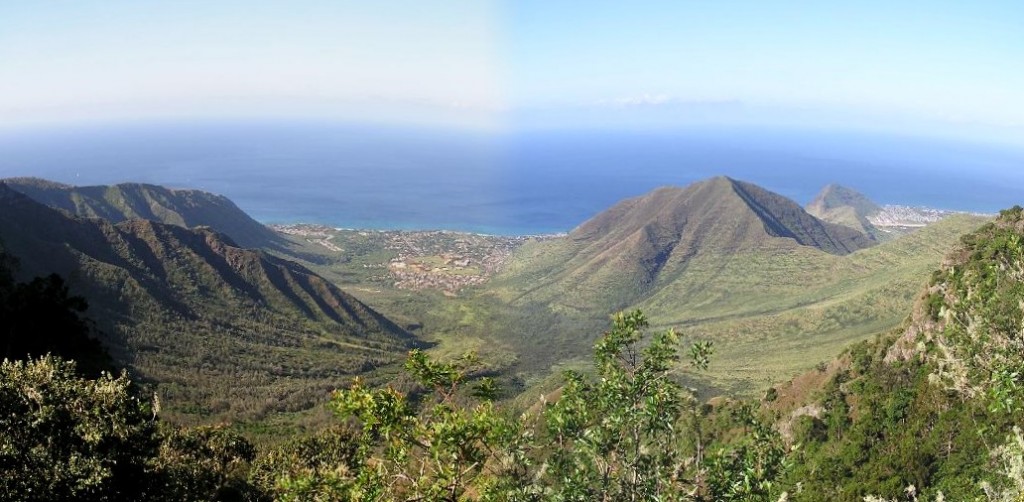It was Kanui, a native woman of Wai’anae who told him why this place was so named. In the olden days, this place was sparsely inhabited because of the scarcity of water. The fishing was good but planting very poor. When it rained, some sweet potatoes would be put into the ground, but the crops were always poor and miserable.
There were a few brackish pools from which they obtained their drinking water and it is only when they went to the upland of Wai’anae that they were able to get fresh water. They carried the water home in large calabashes hung on mamaka or carrying sticks and used their water very carefully after they got it home. They spent most of their time fishing and most of the fish they caught were dried as gifts for friends and relatives in the upland. Sometimes they carried dried and fresh fish to these people in the upland in exchange received poi and other vegetable foods. And as often as not it was the people of the upland who came with their products and went home with fish.
Because of the great scarcity of water and vegetable food, they were ashamed to greet passing strangers. They remained out of sight as much as possible. Sometimes they met people before they were able to hide, so they just looked at strangers with expressionless faces and acted as though they were stone deaf and did not hear the greeting. This was so that the strangers would not ask for water which they did not have in the locality.
The strangers would go on to other places and mention the peculiar, deaf people who just stared and they would be told that the people were not deaf but ashamed of their inability to be hospitable. So the place they lived was called Nana, or look, and Kuli, dead. Deaf mutes who just look.
Ku – Stand
Nana – looking
Kuli – Deafening
Mary Pukui, as told to her by Simeona Nwaa
March 6 1945
HEN, p 2740

